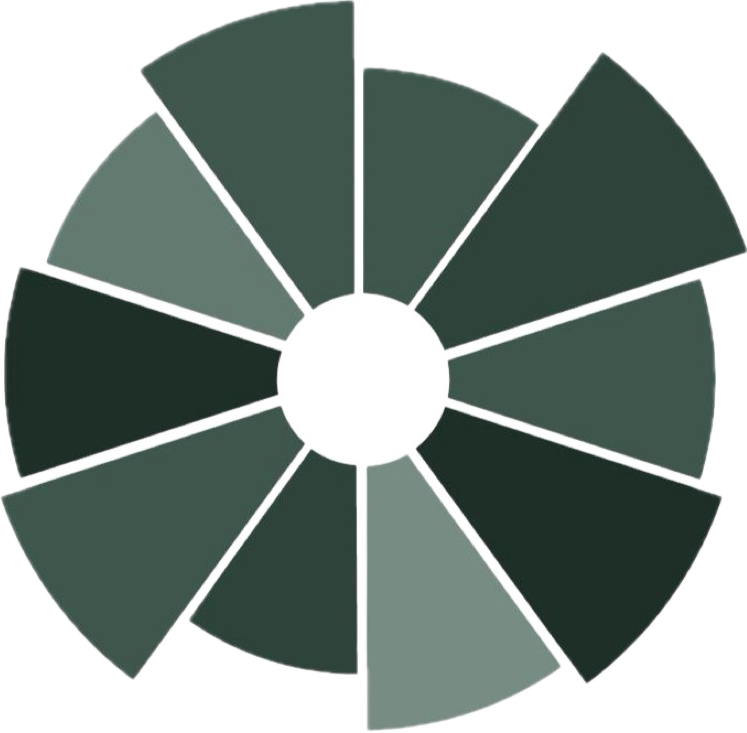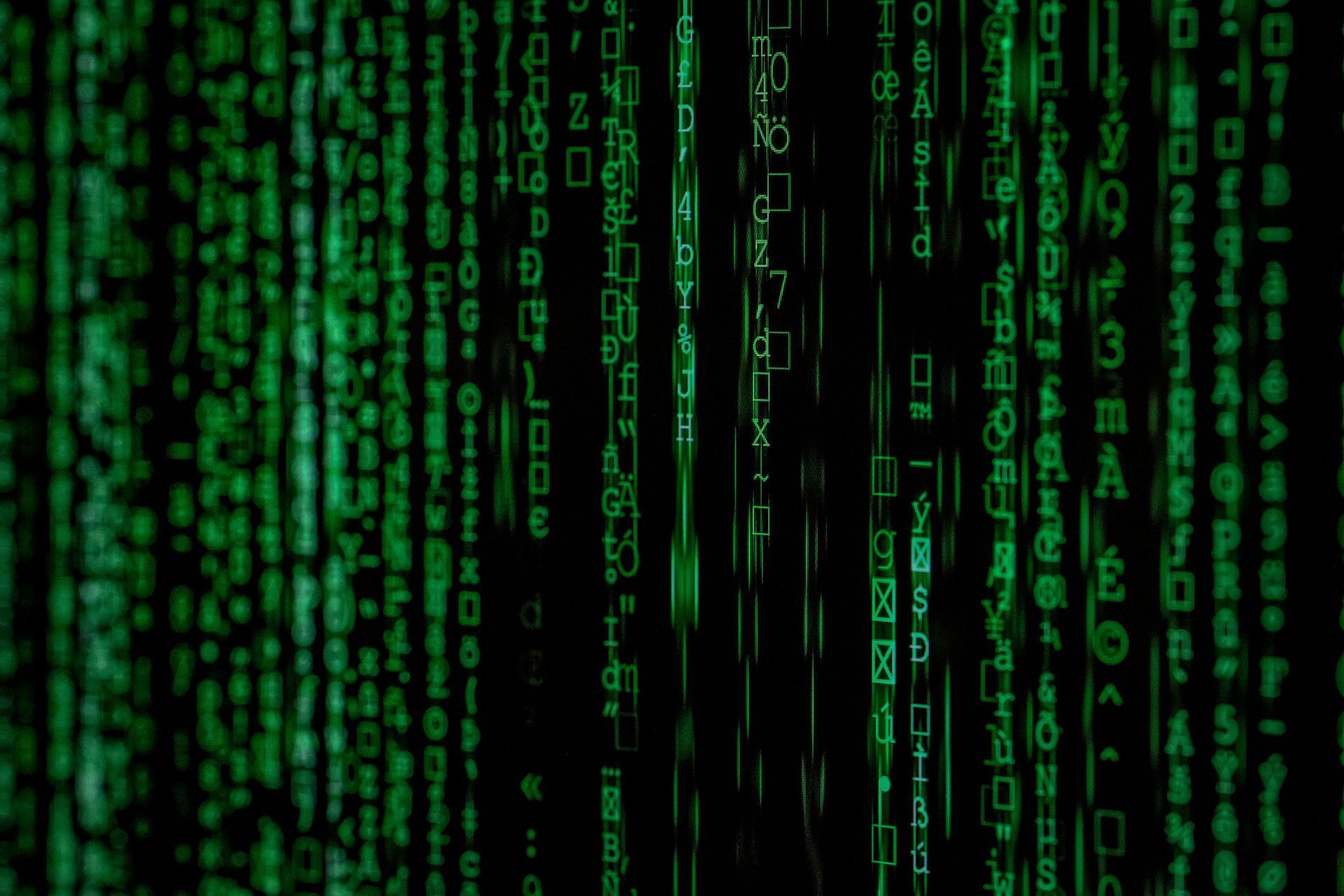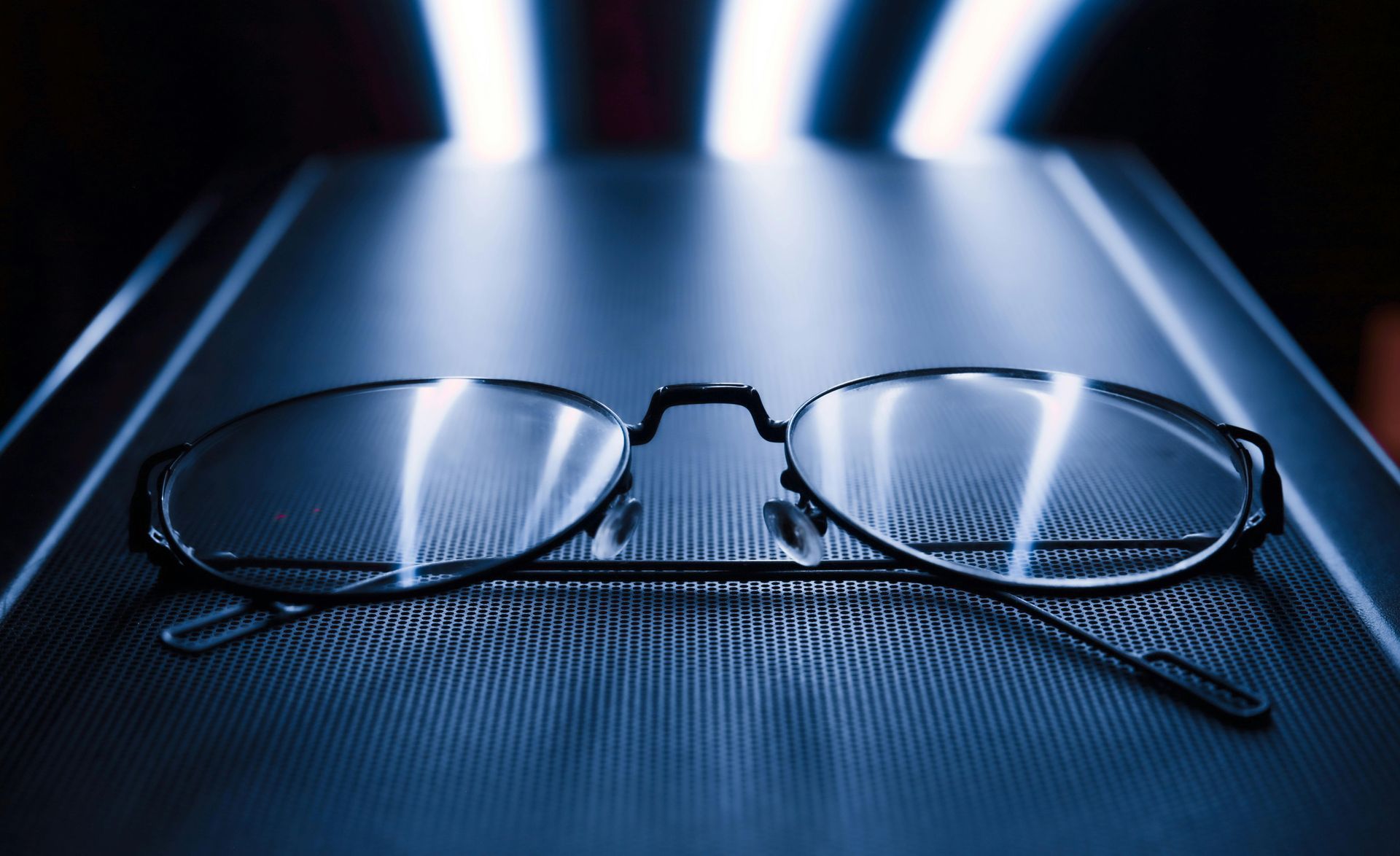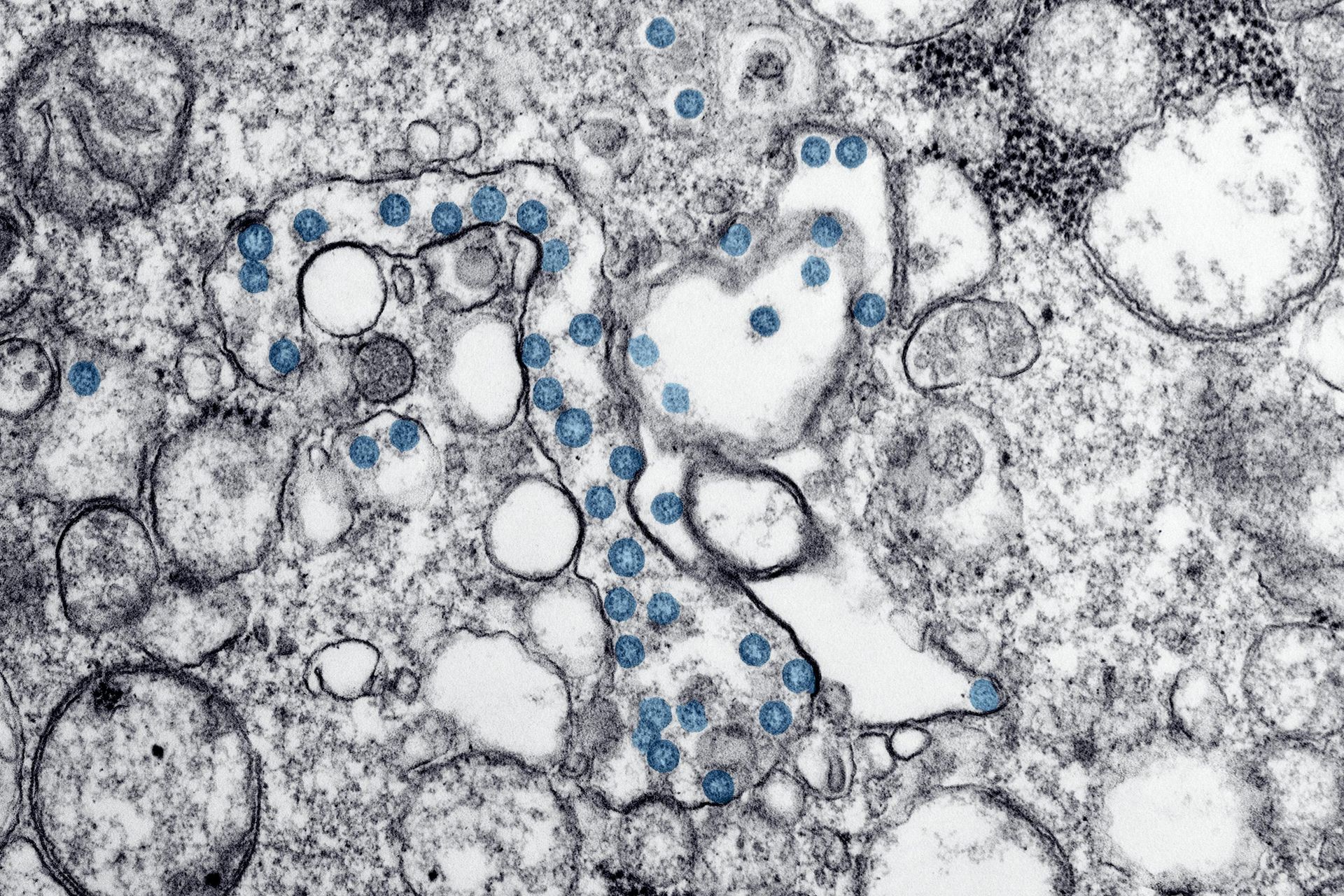Minor Laser Procedures for Optometrists?
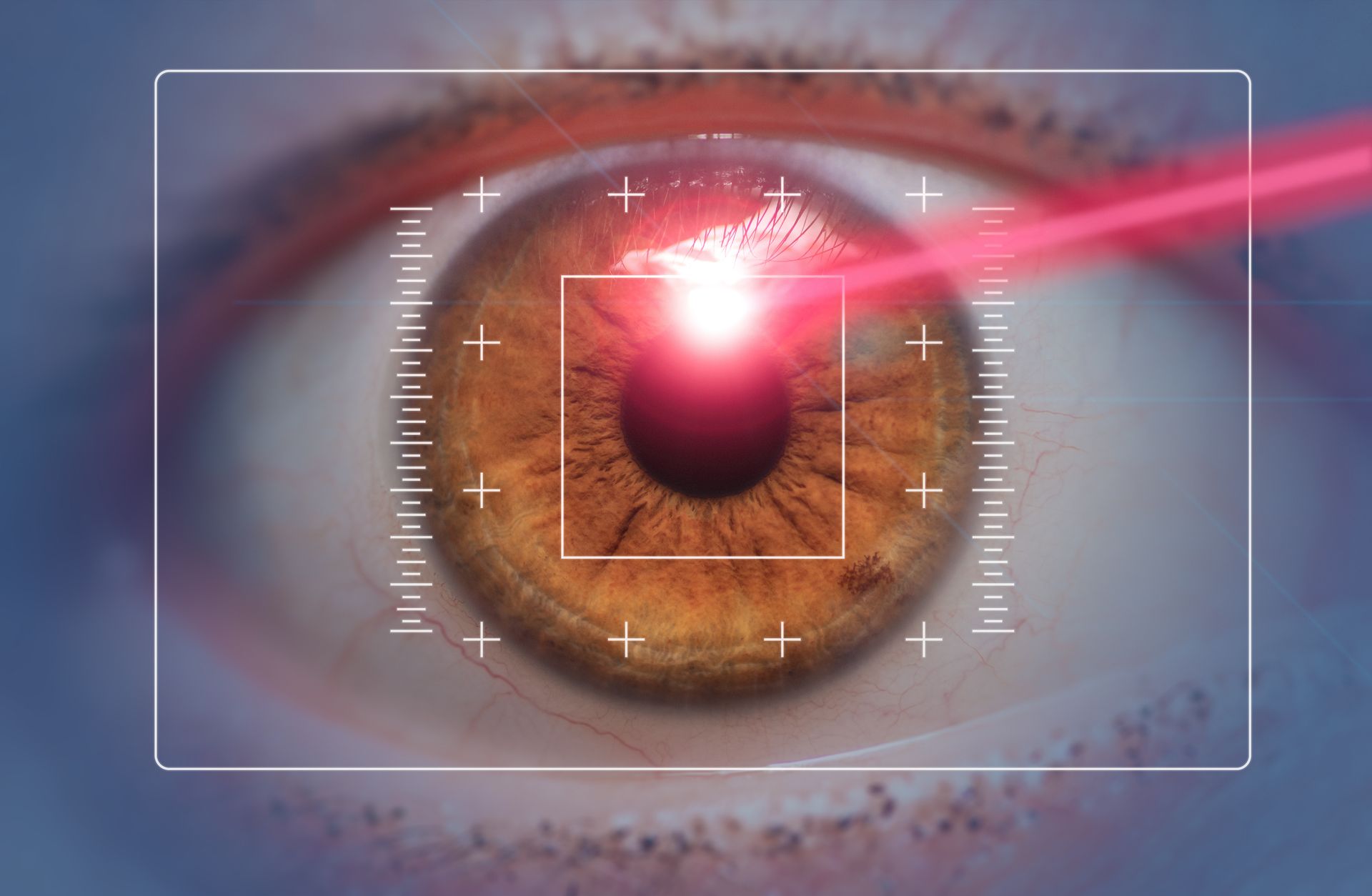
Blog vol 5.34. Minor Laser Procedures for Optometrists?
In 2023 I completed a 33 hour certification course: Glaucoma, Oral Therapeutic Prescribing Agents and Lab Testing. It was a great course put together by the Continuing Education Department at the University of Waterloo. It’s now 2025, time for a new certification course: Office-based Laser and Minor Surgical Procedures.
With an ever-aging population and the increased demands on the eyes from screen time, eye care is more needed than ever. The Ophthalmologists of Ontario have their hands full as we witness in the long wait times for cataract surgeries. It would relieve some of the strain on the system and improve accessibility for the patient if optometrists could do some of the more straight forward and routine treatments in their own offices. Who can do what, in this case who can do minor laser procedures, is decided by the provincial government in conjunction with the professional colleges of Physicians and Optometry. These parameters are highly contested for a variety of reasons, one of which is public safety. However, other places have made the proposed changes with no terrible repercussions, notably Oklahoma as early as 1998.
I have always felt it my responsibility (not to mention it is super interesting!) to keep abreast of the latest clinical research and techniques. The School of Optometry and Visual Science in Waterloos has been graduating students the past few years with the knowledge and skills to perform minor surgical procedures using lasers. The School is offering the same training to practicing optometrists, hence the course I am taking.
The old adage still applies: educate, then, legislate. In the 90’s optometrists took certification courses in therapeutic drugs and treatment of disease, and finally, in 2011 were granted licenses to practice with therapeutic drugs. Optometrists need to be thoroughly trained first, and then petition for expanded scope of practice.
I start next week, with on-line modules in anatomy and physiology and a review of procedures like gonioscopy, with necessary quizzes. There will be courses on lasers and their use in glaucoma and capsular opacities, and finally courses on lid lesions, their diagnosis, removal, biopsies, and local anesthesia. All participants in the course take the online portion, then attend a hands-on workshop to put it all together. All culminating in an extensive final exam.
A little daunting at the outset, but lots of really good stuff. I’ll keep you all posted,
The good doctor
